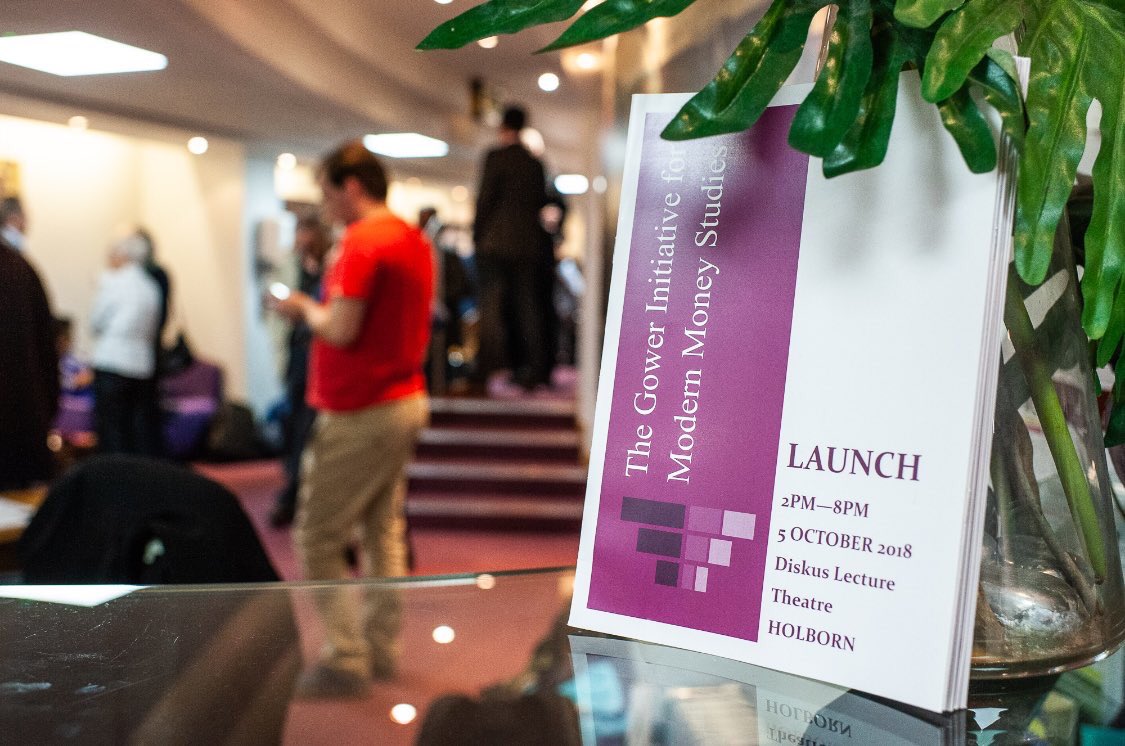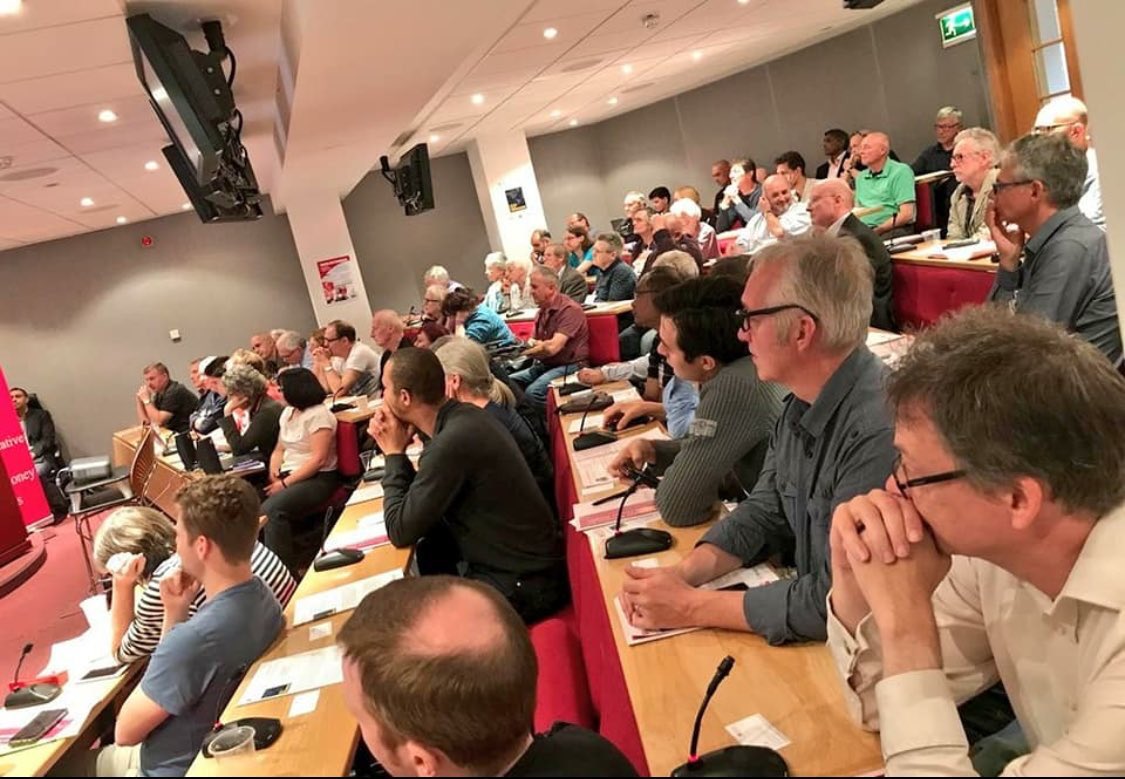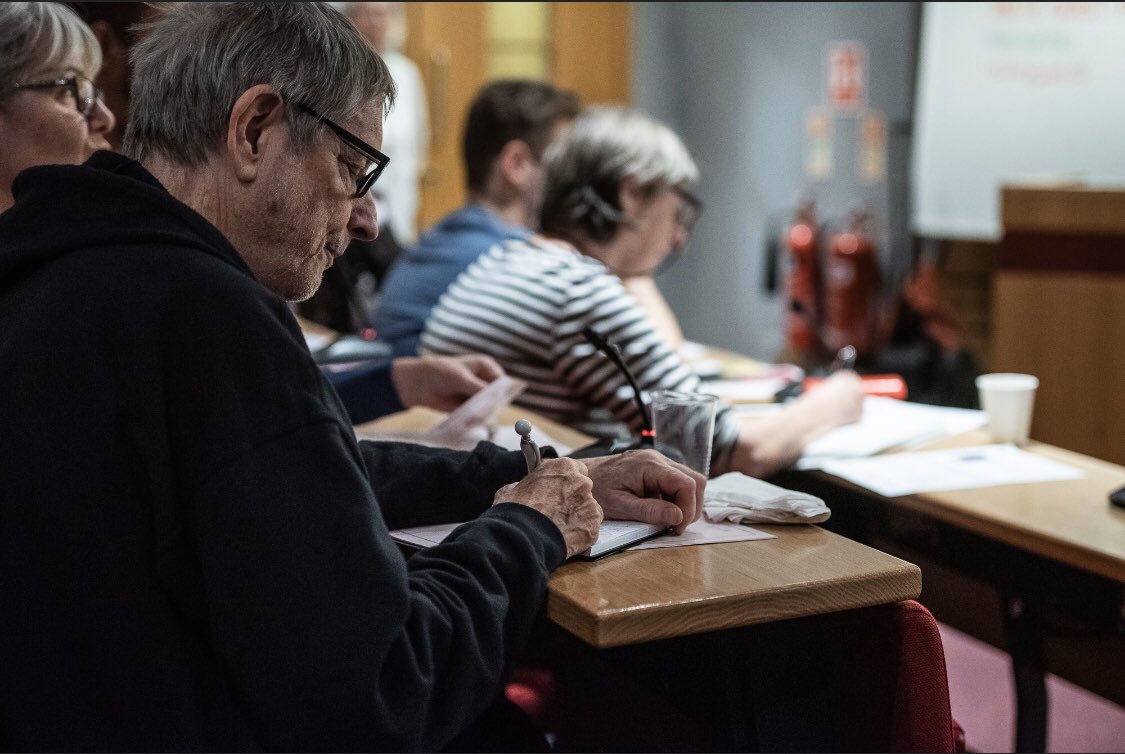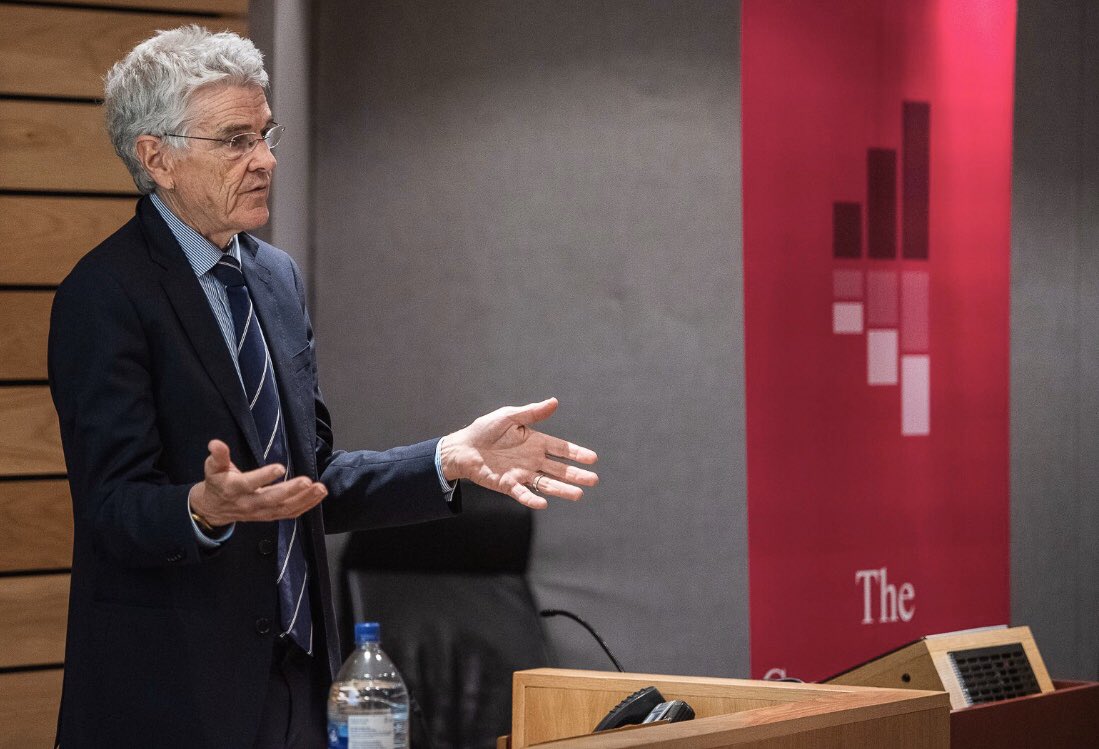
The hyperinflation in Weimar Germany in 1922-23 has become the poster child of mainstream economists – and especially the monetarists – when presenting the benefits of constraining governments by the rules of ‘sound finance’.
Their narrative presumes that governments are naturally inclined to spend beyond their means and that, if left to their profligate ways, inflation ‘gets out of hand’, leads to hyperinflation in a continuous, accelerating, unstoppable catastrophic collapse of the value of money.
In contrast to this ubiquitous mainstream analysis, we recognize a fundamentally different origin of inflation, and argue that inflation requires sustained, proactive policy support. And, in the absence of such policies, inflation will rapidly subside.
We replace the erroneous mainstream theory with the knowledge of Modern Monetary Theory (MMT) identifying both the source of the price level and what makes it change. We are not Weimar scholars, and our aim is not to present a comprehensive historical analysis.
We examine the traditionally reported causal forces behind the Weimar hyperinflation, along with the factors that contributed to the hyperinflation and to its abrupt end.
The purpose of this paper is to present our view of the reported information from an MMT perspective.
The purpose of this paper is to present our view of the reported information from an MMT perspective.
A new paper by @PhilArmstrong58 and @wbmosler
‘Weimar Republic Hyperinflation through a Modern Monetary Theory Lens’
#inflation #hyperinflation #MMT
gimms.org.uk/2020/11/14/wei…
‘Weimar Republic Hyperinflation through a Modern Monetary Theory Lens’
#inflation #hyperinflation #MMT
gimms.org.uk/2020/11/14/wei…
• • •
Missing some Tweet in this thread? You can try to
force a refresh










